Neuroscientists have retracted a research letter less than two months after it appeared, admitting they appeared to pass off others’ data as their own.
Two of the researchers are listed as affiliated with the University of California, San Francisco (UCSF), and the incident has led to a misconduct investigation at the institution, a UCSF spokesperson told us.
The article, “DNAJC6 variants in Parkinson’s disease and amyotrophic lateral sclerosis,” appeared in April. It was quickly followed by this notice, dated in May: Continue reading Neuro journal pulls article for data theft, prompts misconduct probe
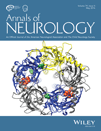


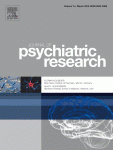
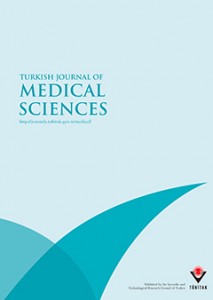

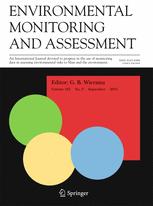 An environmental journal is retracting an article about the risks of pesticides to groundwater after determining it contained data that “the authors did not have permission (implicit or explicit) to publish.”
An environmental journal is retracting an article about the risks of pesticides to groundwater after determining it contained data that “the authors did not have permission (implicit or explicit) to publish.”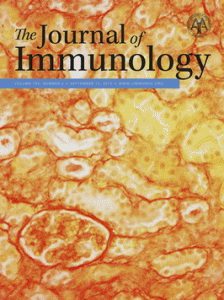 All but one of the authors of a
All but one of the authors of a